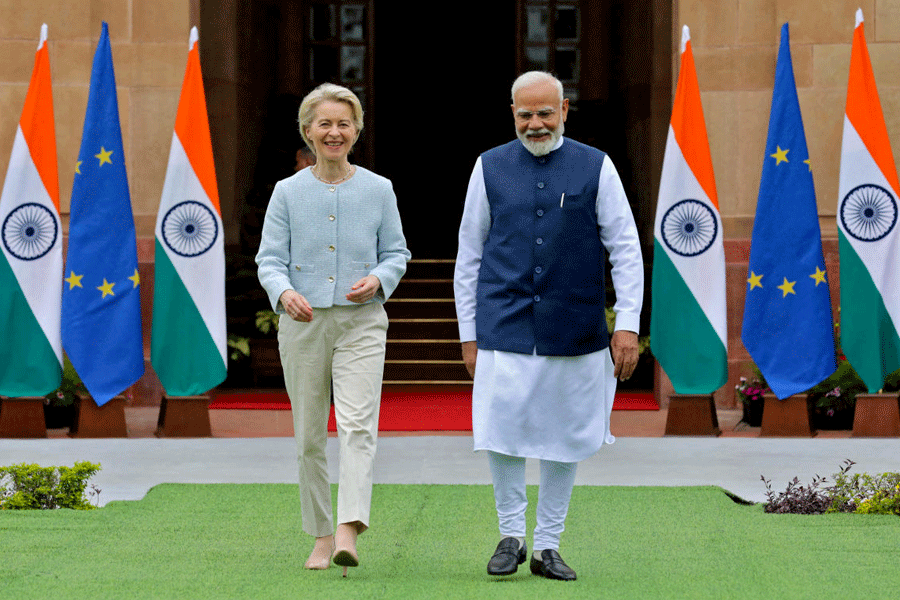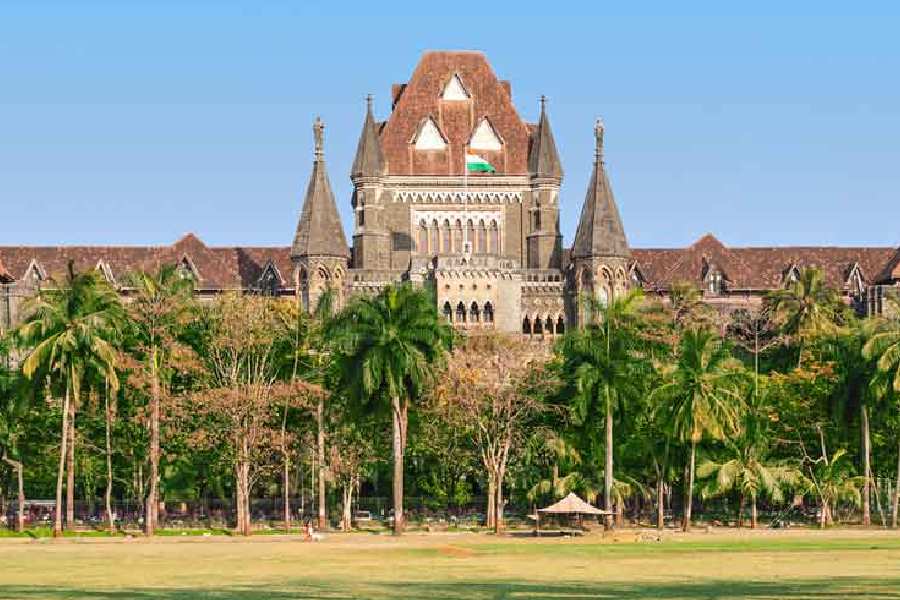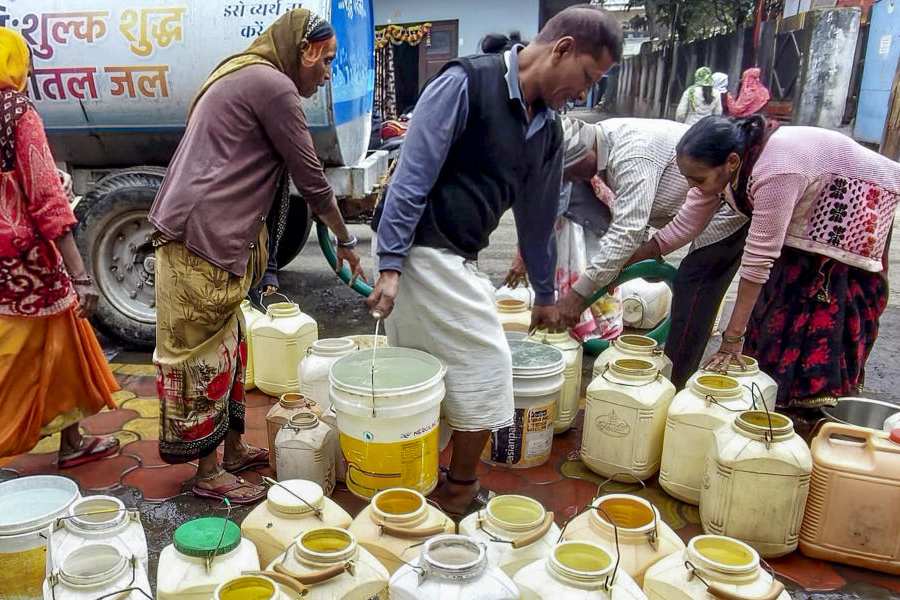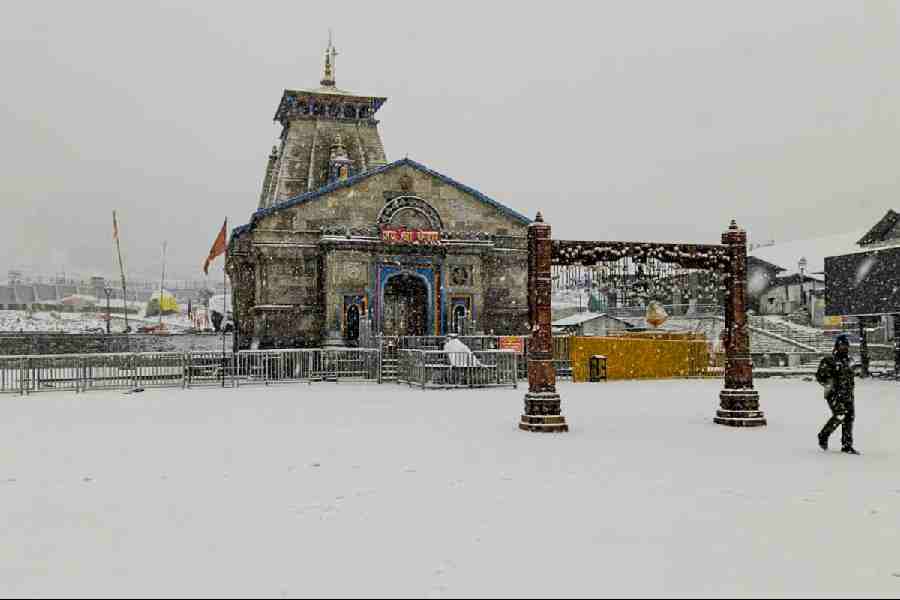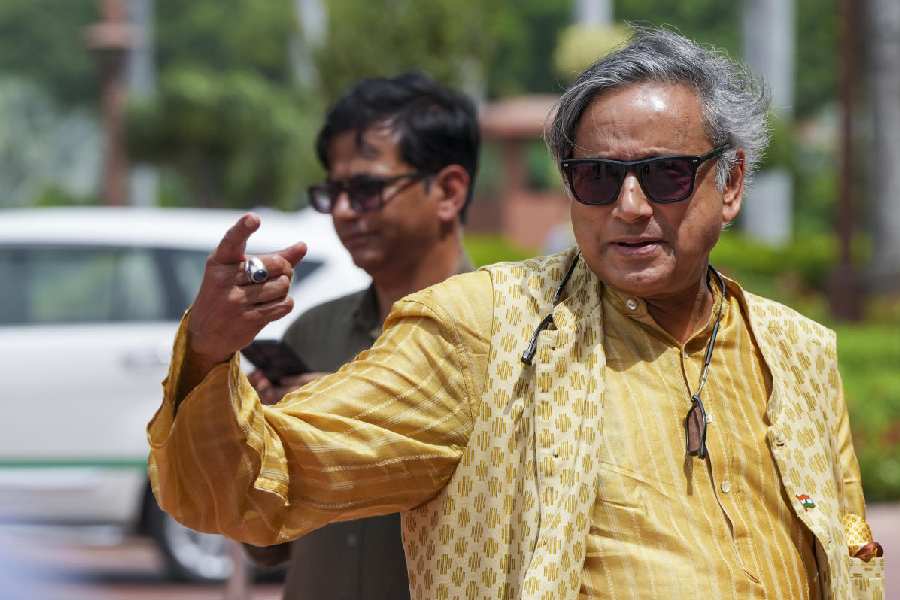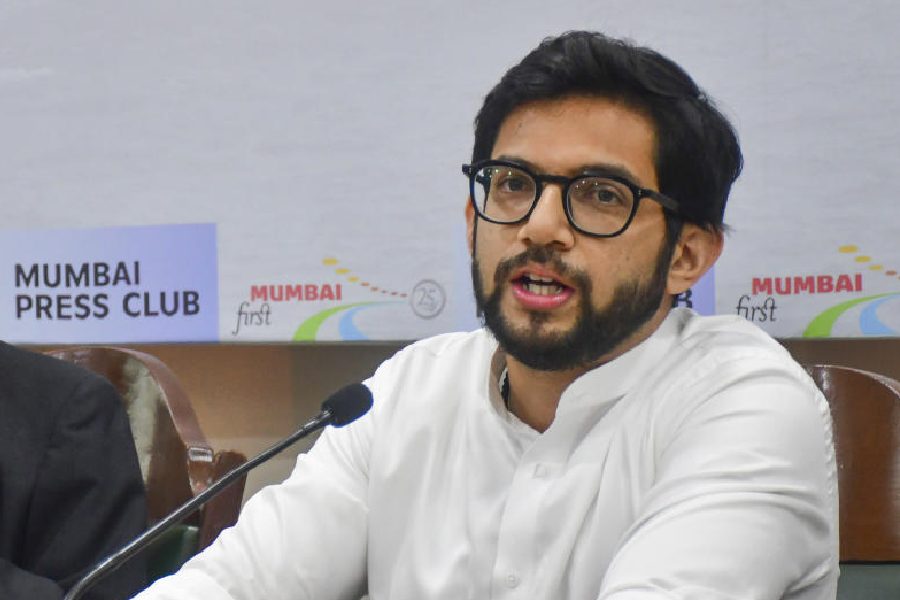Harsh reminder
Sir— Ramachandra Guha’s article, “Divided or destroyed” (Aug 23) — which quoted Nirmal Kumar Bose’s letter on communal violence perpetuated by both Hindus and Muslims from August 16-18, 1946, in Calcutta — is a harsh reminder of religious conflicts that engulfed the nation a year prior to Independence. Unfortunately, independent India continues to witness such thoughtless killings, such as the recent incidents in Uttar Pradesh and the massacre in Gujarat after the Godhra train burning in 2002.
The author, to my surprise, ended the article with a degree of optimism: “if an all party delegation, led by the prime minister... were to visit Uttar Pradesh now, they may yet restore social peace in that troubled and divided state.” I find such optimism about Narendra Modi’s ability to restore peace in a communally polarized state rather odd.
Modi’s sense of justice (or the lack of it) is questionable. Maya Kodnani, sentenced to 28 years in prison for her involvement in the killings of 97 Muslims in the Naroda Patia massacre, was made a minister in the then Modi-led Gujarat government. Another accused in the Muzaffarnagar riots was also made a minister in the Union cabinet. Expecting a man like Modi to bring peace to Uttar Pradesh is being too idealistic and unrealistic.
With due respect to Guha, I am not able to fathom what led to the author’s change of heart regarding Modi.
Yours faithfully,
S.K. Choudhury, Bangalore
Sir — Ramachandra Guha’s latest column looked back on Direct Action Day — August 16, 1946 — through the portrayal of events recorded by the anthropologist, Nirmal Kumar Bose. The call for Direct Action Day was given by the Muslim League. Direct Action Day proved to be the flashpoint for Partition.
This reminds me of a short rift between two of my friends over the posting of a picture of Pakistan’s national flag online. The friend posting the picture works in the Gulf. He had decided to wish his many Pakistani colleagues on their Independence Day this year. The post enraged the other friend in India, who must have felt let down, because he was fighting terrorism at the border on behalf of the Indian army and was frustrated with Pakistan’s lack of initiative to take on and then eliminate the terror module.
It cannot be denied that Jawaharlal Nehru mollycoddled leaders like Muhammad Iqbal and Mohammad Ali Jinnah to prevent the partition of India at all costs, in spite of being a victim of their divisive politics. He dismissed their ambition for a separate nation as the result of a British conspiracy aimed at dividing Hindus and Muslims. Even when Jinnah declared, “we shall have India divided or we shall have India destroyed”, Nehru agreed to the appointment of five Muslim League representatives to the interim cabinet of 14. In his bid to uphold secularism (much to the satisfaction of the West), Nehru, perhaps unwittingly, planted the seeds of ‘appeasement politics’, the legacy of which is being diligently borne by politicians today through the rhetoric and exploitation of ‘vote-banks’. These have become substitutes for honest and sincere efforts to uplift the social and economic conditions of the minority communities.
However, in a multi-religious country like India — where communal sentiments have been exploited for years to gain political mileage and where politicians boast of ‘secularism’ while ruining its very essence — Guha’s article judiciously urges the political fraternity that has lost “the moral courage to walk alone” to walk in unison. Leaders should aim to usher in a fresh political atmosphere by taking a cue from Bose’s legacy.
Yours faithfully,
Babuti Banerjee, Calcutta
Sir — Ramachandra Guha’s piece was apt and well-timed. In this connection, one is reminded of the communist leader and former chief minister of West Bengal, Jyoti Basu. In 1946, during the communal riots, Mahatma Gandhi had come to Calcutta. Basu, accompanied by Bhupesh Gupta, met Gandhi and sought his advice on the formation of an all-party peace committee and to discuss plans to organize a peace march. After this meeting, a peace rally was organized in the city. Later, when Basu was the chief minister, he tried to curb communal tension during the period following Indira Gandhi’s assassination and after the demolition of the Babri Masjid. We need politicians of Basu’s stature.
Yours faithfully,
Niamul Hossain Mallick, Katwa, Burdwan





